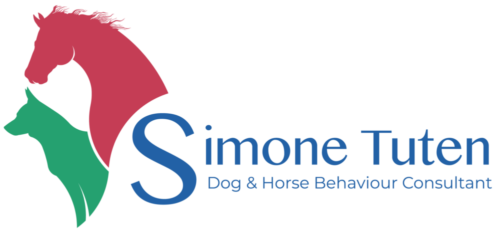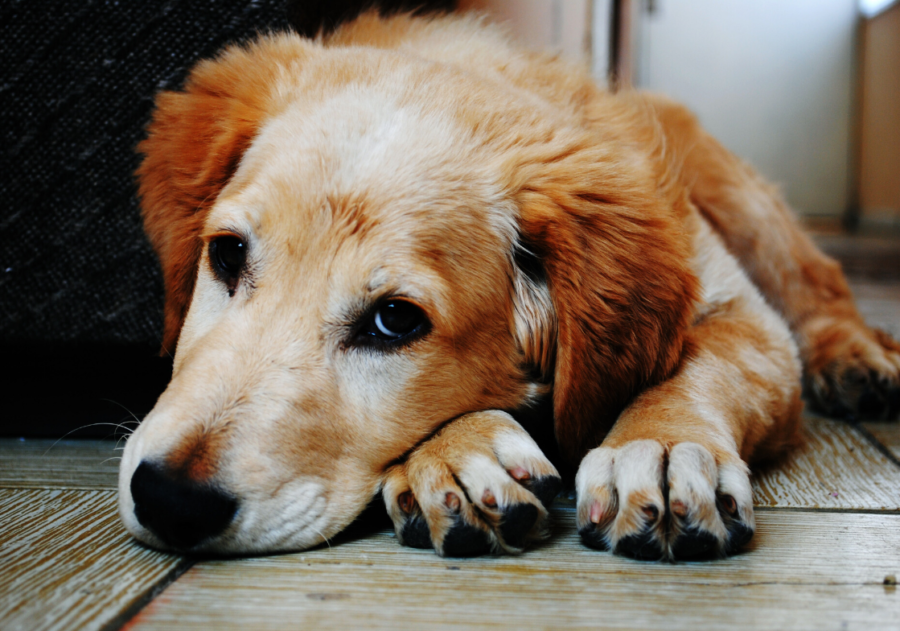One of the challenges we face as animal carers is supporting our other animal friends while we are also grieving the death of one of our beloved animals.
In this blog I’m going to talk about the ways that our animal’s grieve and what we can do to support them through the grieving process.
While there is very little scientific information on how many animals, including dogs and horses grieve, I, like many, believe that they do.
How animals respond to the death of their companions varies. Some show small changes in behaviour while others may have significant behavioural changes.
Just like in people, individual animals seem to grieve differently. Some of the more common things we may observe in grieving animals are:
- Looking for their friend
- Loss of appetite
- Increased sleep
- Decreased sleep
- Restlessness all the time or at specific times
- Attention seeking/clinging behaviuors
- Stress when left alone
- Depression – loss of enthusiasm for previously enjoyed activities
Sometimes we can observe different behaviour. A husky I shared my life with called Kyzyl used to love watching storms roll in; thunder and lightning, in his opinion, was a great time to be outside watching the weather.
His kelpie friend Alison was the opposite. She was distressed during storms. She would tremble, try to hide and find small dark places to hide in (preferably under a blanket close to me). She would bark at thunder and as she aged, she started to bark at lightning.
The first storm that occurred a few months after Alison’s passing was a shock for me. Kyzyl’s behaviour during storms changed. He no longer wanted to be outside watching the storm. Instead he became restless, pacing around the house panting unless he was snuggled up next to me.
Prior to this behaviour change he didn’t show many behaviours that suggested he was grieving. This change was a shock and serves as a reminder to watch our surviving animal’s behaviour closely for a few months.
How can we help grieving animals?
Immediate
I suggest wherever possible we give the surviving animals the opportunity to visit their friend after death. This suggestion is based on my experiences and discussions with others who have supported animals following the death of one of their animal friends.
For euthanasia I suggest that other animals are not present during the procedure. However, shortly after let your other animals in to sniff, spend time and say goodbye.
This isn’t always possible and if it’s not possible it’s okay. It’s also okay if it doesn’t feel right to do this. We need to look after ourselves and perhaps other family members during this difficult time. Do what you feel is right for you and your family. It’s okay.
Later
What else can we do to help our dog or horse through their grief? Below is the approach that I have used several times 🙁 and have suggested to clients.
- Stick with your pet’s routine as much as possible. Some animals find change quite stressful. Staying with the routine as much as possible can provide anxious animals with some stability to rely on.
- If there were times when your pets played together then try to fill that gap for your pet. For example,
- You could engage your dog in a game at that time of day
- Give your dog or horse some extra enrichment activities at those times. For dogs in particular I include enrichment activities away from me – but I always give the dog the choice to return to me or even bring the enrichment item to me.
- Take your dog or horse out for a relaxing walk or short run. Let horses hand graze super yummy grass and encourage dogs to sniff.
- Use the time to teach your dog or horse a new trick or behaviour.
- For dogs, consider using an ADAPTIL(R) product like the spray or collar. ADAPTIL products are synthesised dog appeasing pheromones that lactating bitches release. The products are designed to provide comfort to dogs.
- Pay close attention to your dog’s behaviour when you prepare to leave home and when you return. Look for changes that indicate your dog is distressed or has been distressed by your absence.
- Film there home alone behaviour and check that they are relaxed.
- Watch your dog or horse at other times for signs of distress. If they are getting distressed see if you can direct them towards a fun activity.
- Talk to a veterinarian (preferably one with extra training in animal behaviour like Dr Nicole www.animalsense.com.au) if the distress
- appears to be more than mild or
- seems to remain for more than 4 or 5 days, or
- you are concerned about your dog or horse’s behaviour.
Remember, like people, different animals will respond differently to the death of an animal friend. That is okay.
This was a difficult blog for me to write as it has bought up the death of animals I have been very close to. It also reminds me of the oldies I’m currently sharing my life with.
If you want to talk to someone about your grief there are people who have specialised in pet loss and grief.
In Western Australia there is Tracey at Pet Eden (www.peteden.com.au). There is also a national Pets and People support network for grieving pet owners (www.petsandpeople.com.au)




